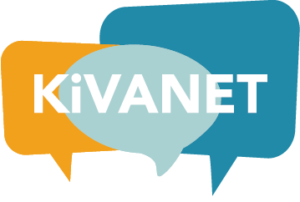For online studies, you need a computer with internet access. Typically, you also need a webcam or camera and a microphone, as studies commonly include virtual meetings and tasks that need to be recorded. You should have at least basic computing skills. Studies may take place on a new or unfamiliar platform, so it may also be necessary to reserve time to learn how to work in a new study environment.
Tips for Online Language Learning
- Study regularly: Work half an hour a day rather than the whole night every other week.
- Make an effort to seek extra exposure to the language you are learning even when your skills may still be quite limited. Think of television, Internet, radio, music, newspapers, and magazines. Make use of radio or video clips online or vocabulary learning apps when commuting to school or work.
- Once you have learnt the basics of a language, watching television and movies in the language is an example of additional support for your learning. It is easier to follow the story and conversations when you activate subtitles in the target language.
- Continue to seek exposure to the target language. For example, jump at opportunities to use the language when you travel to the area where the language is used or when you meet people who speak the language.
- Language skills develop gradually, and things do not always go according to plan. That’s okay. All around the world, people appreciate it when you use their language, no matter how much you can say. They like your effort even if your expressions are not always exactly right. Even saying just a few words in the language of your communication partner may be a great cultural leap.
General Tips for Online Studies
- Supervised courses normally have a clear plan for the progress and timetable of the course. Make sure you follow the plan and stick to the deadlines.
- Make sure that you know and remember important course dates, such as task submission dates, possible exam dates and scheduled virtual meetings.
- Consider your own learning style. Where and when do you learn most effectively? Plan your studies in advance with an eye on the course plan and timetable. If you are ill or otherwise fall behind due to a pressing reason, catch up as soon as possible.
- Learning — either over the Internet or otherwise — requires a peaceful environment. Log off of your email and social media accounts, put your phone on silent mode and out of sight, switch off music and television, etc. You cannot learn well when you are trying to multitask.
- Divide independent online learning tasks into sections that suit your learning style. Revising something you learnt before is very different from learning something completely new: You can do a lot more of the former in one sitting than of the latter. Keep this in mind in your work plan.
